Cisplatin
Cas No: 15663-27-1
Molecular formula: Cl2H4N2Pt
Molecular weight: 300.05
Appearance: orange - yellow to dark yellow solid or powder
Application scope:
This article can bind with DNA, cause cross connection, destroy the function of DNA thereby, restrain cell mitosis, it is a kind of cell nonspecific medicine.
Cisplatin is orange yellow or yellow crystalline powder. The melting point of 268-272 ℃ (decomposition). In aqueous solution can be gradually converted to trans and hydrolysis. This product is a heavy metal complex with two chlorine atoms and two ammonia molecules combined with divalent platinum in the center, which is similar to a bifunctional alkylation agent and can inhibit the replication process of DNA. DDP cells are most sensitive, inhibiting RNA and protein synthesis at high concentrations. The product has effects on hypoxic cells and can diffuse through the charged cell membrane after entering the human body. At present, it is believed that DDP mainly ACTS on the purine and pyrimidine bases of DNA. Action and application: this product is a cell cycle non-specific drug, with cytotoxicity, can inhibit the DNA replication process of cancer cells, and damage the structure of its cell membrane, has a strong broad-spectrum anti-cancer effect. Clinical for ovarian cancer, prostate cancer, testicular cancer, lung cancer, nasopharyngeal cancer, esophageal cancer, malignant lymphoma, head and neck squamous cell carcinoma, thyroid cancer and osteosarcoma and other solid tumors can show efficacy. Synthesis method: potassium tetrachloroplatinate was complexated with ammonium chloride and ammonia. Solubility: slightly soluble in water, easily soluble in dimethyl formamide. Storage and transportation: shading, sealed and stored at room temperature.
P&C parameters:
|
Pt content,wt% |
65% |
|
CAS no. |
15663-27-1 |
|
Molecular formula |
Cl2H6N2Pt |
|
The molecular weight |
300.05 |
|
The purity |
99.95% |
|
Melting point |
268-272℃ |
|
The density of |
3.7 g/cm3 |
|
Iron (Fe) content |
≤0.01% |
|
Nitrate (NO3-1) |
≤0.05% |






















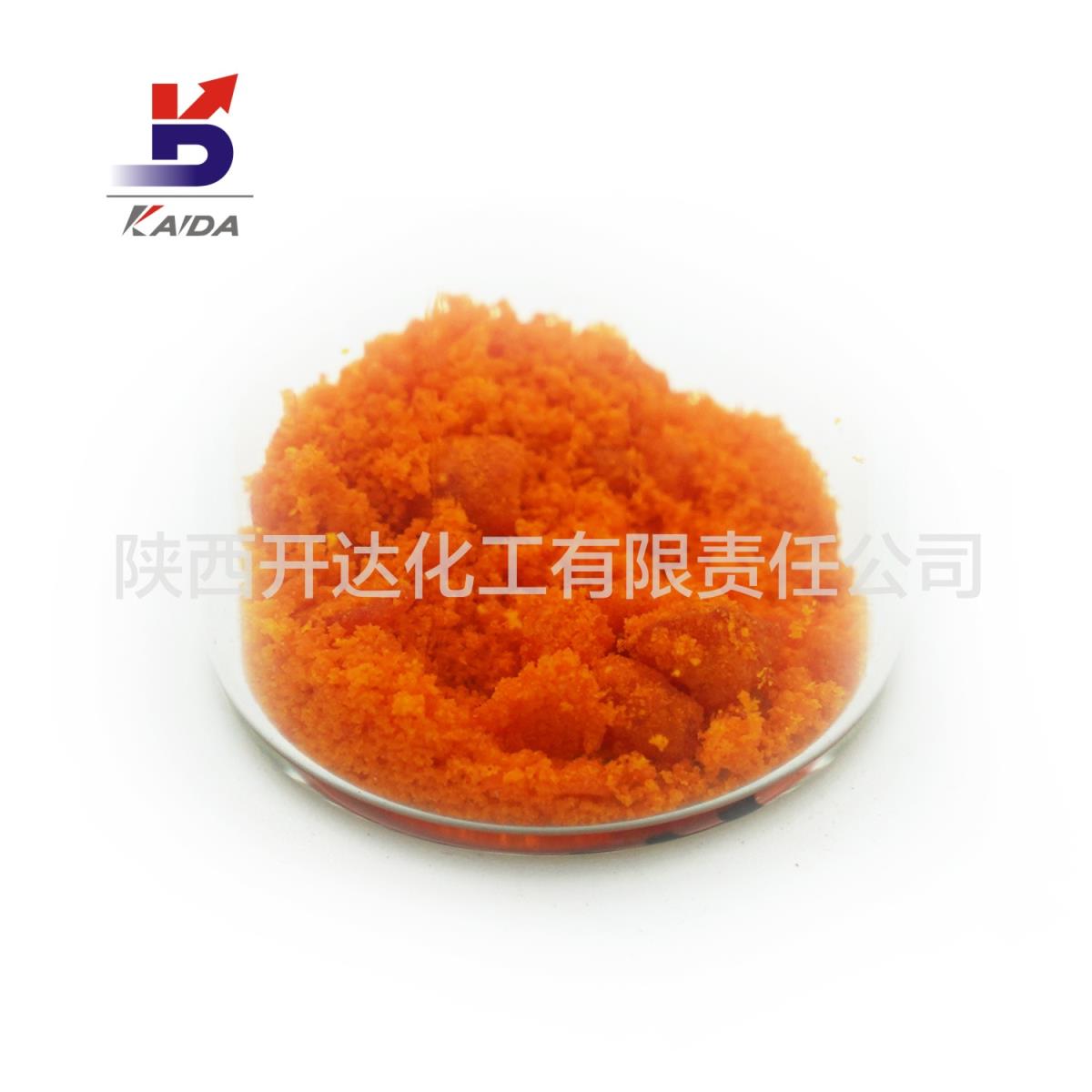
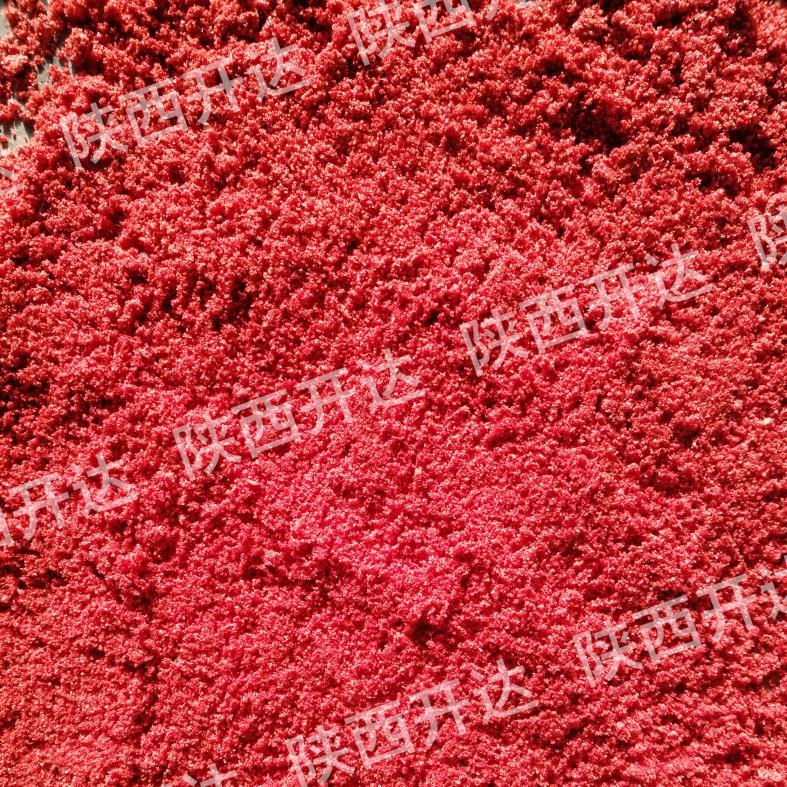
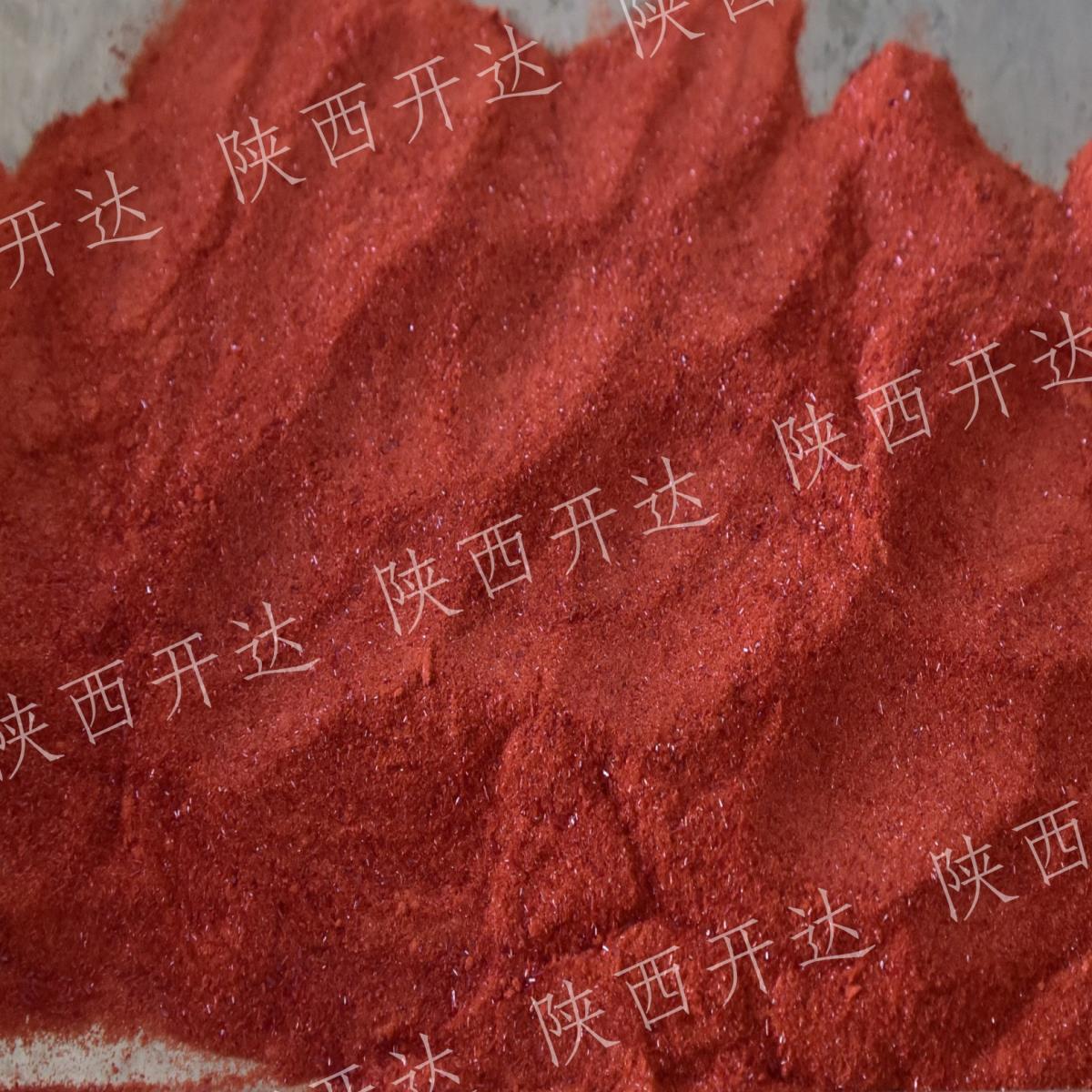

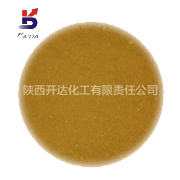
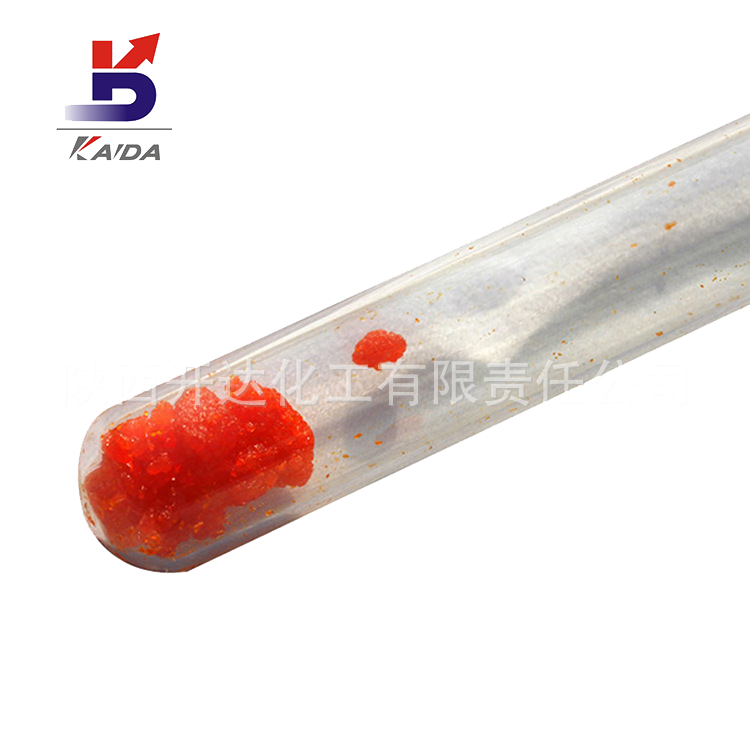



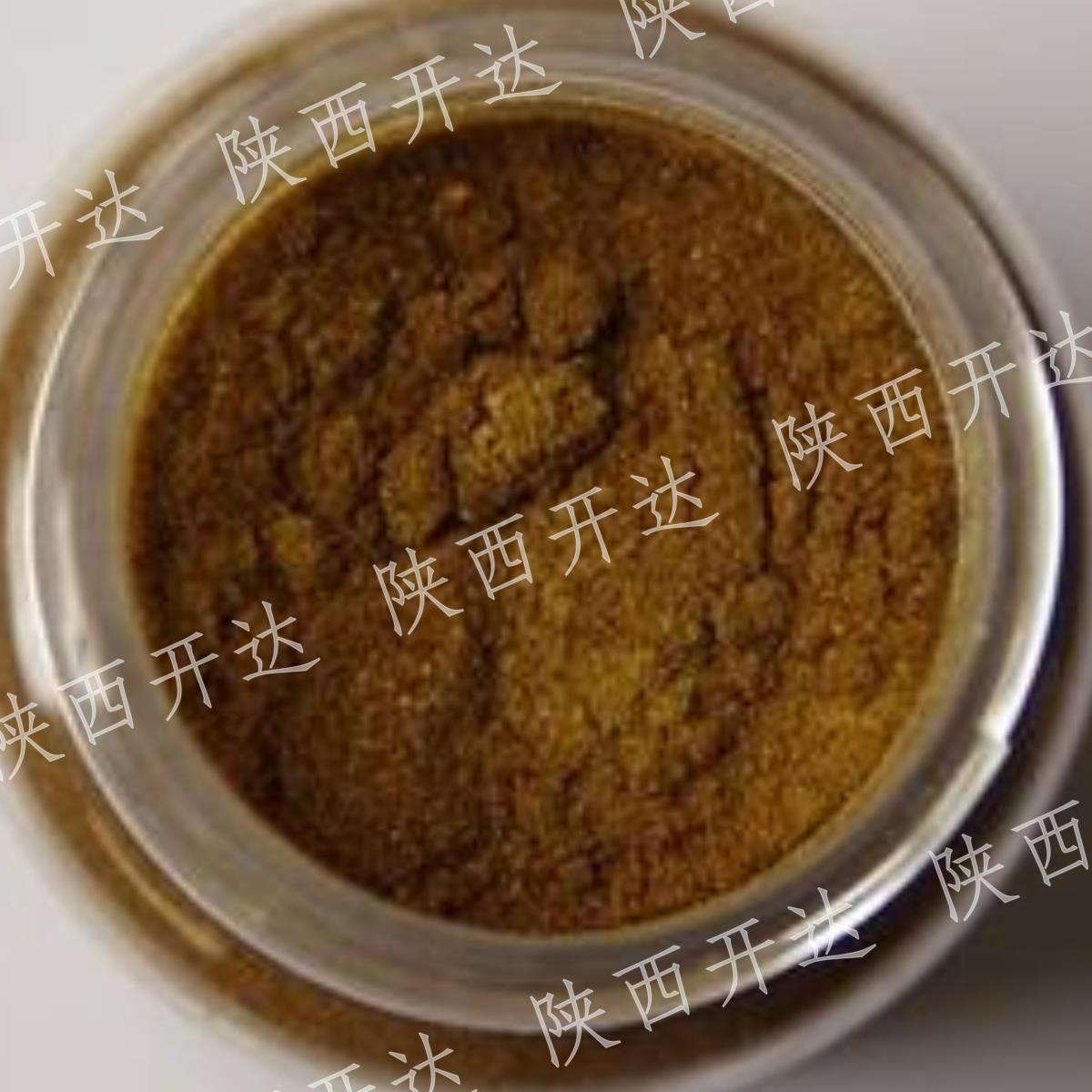
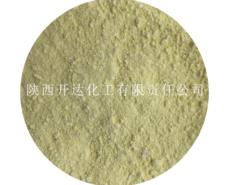


 陕公网安备 61030502000254号
陕公网安备 61030502000254号